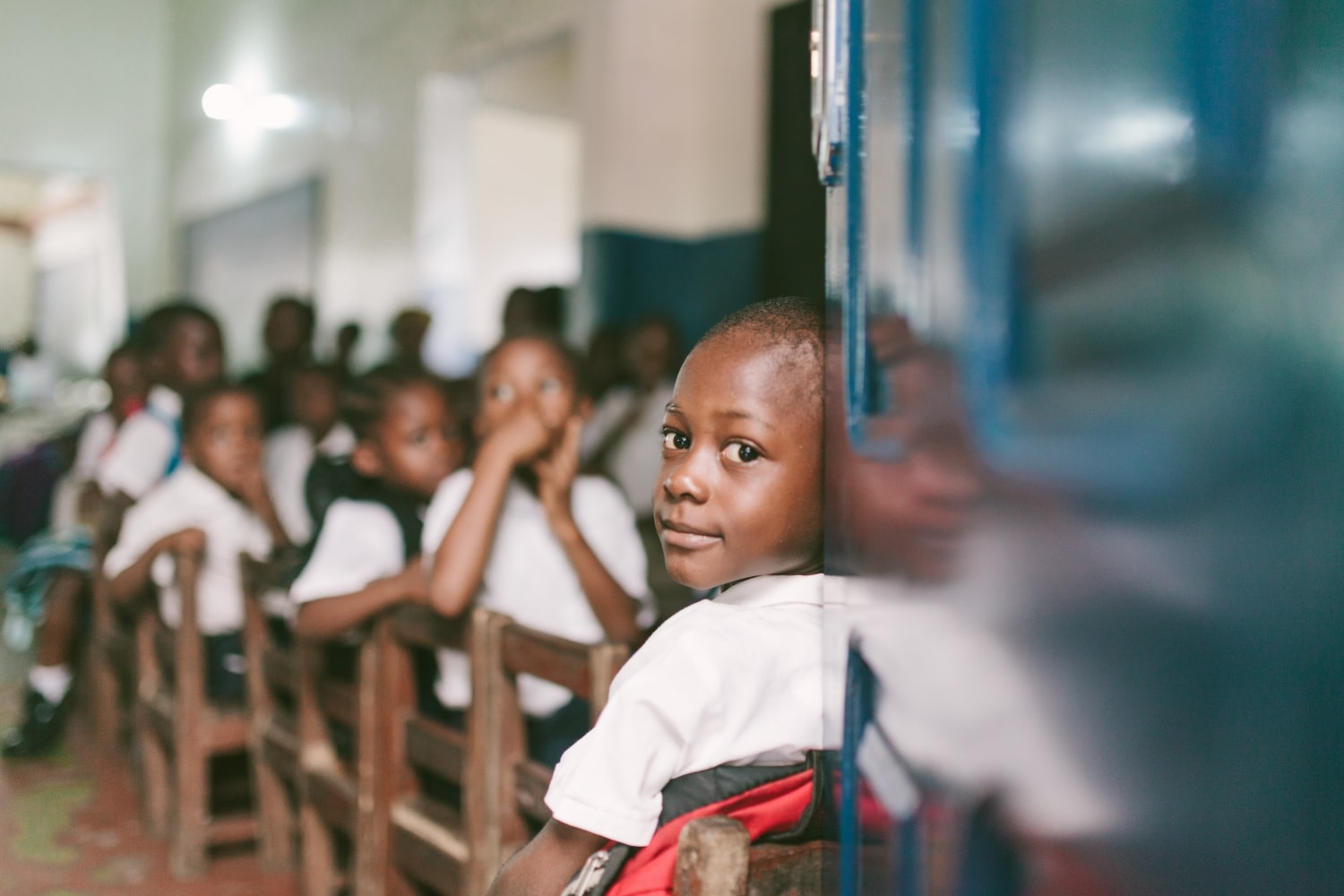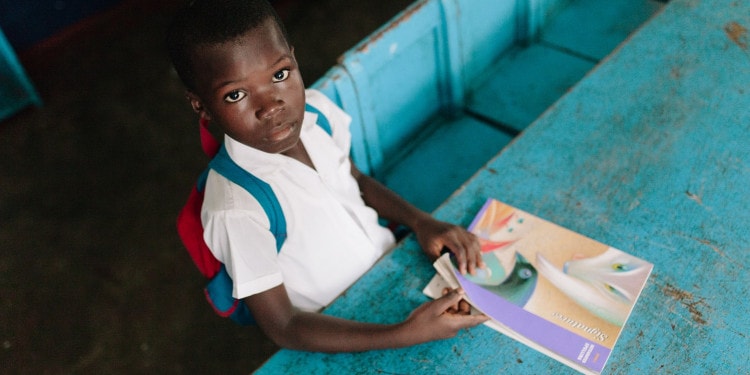Editors Note: Written by Former Liberia Education Minister George Werner, this article reflects on Partnership Schools for Liberia (now Liberian Education Advancement Programme) and the lessons that came from implementing one of Africa’s most innovative public sector transformations, largely enabled by philanthropic support.
With communities still suffering the crippling effects of civil war extending over decades, the Ebola outbreak hit our country with unrelenting severity. It was in the midst of this unprecedented crisis that I took the helm of the Education Ministry in Liberia in 2015. Thousands had died and schools had been closed for over a year. I knew that we couldn’t continue to do the same things we had always done and expect better results. Collectively, we had to face our challenges head-on; I would need to take risks and be disruptive.
Not every country faces the same challenges we faced in Liberia, but a similar challenge faces most of Africa and South Asia. Fast-growing countries with young populations are reaching a critical moment, a tipping point. These countries are in the midst of demographic upheaval – the majority of their populations are less than 18 years old and desperate for knowledge and skills to provide a decent living for themselves and their family. This is the greatest opportunity of our time, though also the greatest challenge. How do we ensure that a high-quality education is available to everyone?
Related topics: Education Is Critical – STEM Education – Transforming Education to Future – The Challenge of Universal Education
Beyond the Mirage (a long form essay setting out the case for education ministers, acting as pragmatic stewards, to transform education systems by focusing on learning outcomes) takes this question and provides the frameworks and concrete examples to help education ministers form their strategies and deliver for students. It doesn’t pretend to have all the answers, but it does examine efforts like ours in Liberia to highlight the principles that must underlie a successful approach and examines pitfalls and false dichotomies along the way.

Getting the relationship between governments looking for improved learning outcomes and the private sector providing services can be tricky. When we embarked on creating the Partnership Schools for Liberia (PSL now LEAP), we had no blueprint. As a result, we had to learn quickly and iterate by trial and error. I hope that we can provides inspiration and helpful tactics for other Education Ministers facing similar challenges within their education systems. Among other things, offering case studies and models for education ministers to create a powerful strategy to improve the quality of education quickly is vital in uncharted waters. Most importantly, though, vision, courage, conviction, and political will is required to get beyond the polemic into the implementation.
While setting up the PSL and determining the optimal regulatory framework, I found that the private sector knows what it wants and is willing to make decisions quickly. The private sector has resources readily available that the public sector doesn’t have. To be successful, the public sector needs to operate in a similar fashion by being clear about what it wants and being decisive in getting there. This will often require support – to build capacity, to measure outcomes, to provide accountability, among other things. Mistakes will be made, but the biggest mistake would be to stick with an inadequately resourced and dysfunctional status quo for fear of change. Learning for students who have accessed programme schools for three years is now being shown to be phenomenal, life changing. That is what matters.
EDITOR’S NOTE: The opinions expressed here by Impakter.com columnists are their own, not those of Impakter.com.








